Opening our doors in the midst of a pandemic was not the way we envisioned celebrating our first days, but pets still need health care, and we will be ready to provide important services. Many businesses have been ordered to close, but veterinary hospitals have been deemed essential, and remain open. However, to be responsible community members, we need to distinguish between essential pet healthcare needs, and those that can wait until after the crisis passes, and social distancing orders are lifted. As we prepare to kick off opening day, you should keep the following in mind.
Essential veterinary care we will provide
Pet illness and injuries don’t stop because we are weathering a global pandemic. If anything, veterinary hospitals are treating more emergencies, as owners spend more time at home baking, working on home improvement projects, and crafting with their children. While pets lap up the extra contact time, they may also eat raw bread dough, get into Gorilla Glue, or chew up a box of popsicle sticks. These emergencies obviously can’t wait, and immediate veterinary care is important for a successful outcome. So, what other scenarios constitute essential veterinary care? Situations that warrant an appointment now include:
- Sick pets — If your pet vomits for longer than 24 hours, isn’t eating, is lethargic, or is acting generally miserable, she should be seen right away. Don’t hesitate to schedule a sick pet appointment, because your pet’s condition can quickly worsen.
- Puppy or kitten vaccines — New puppy and kitten vaccines are critical to build immunity, and prevent deadly diseases. With families spending more time walking, hiking, and playing at parks during mass business closures, new pets may be exposed to more germs than usual. Puppy and kitten vaccines are an essential means of protecting new pets from immediate dangers, as well as creating long-term immunity.
- Painful pets — If your pet is painful, she should not have to suffer for weeks without relief. We will gladly evaluate your pet’s sore leg, painful abdomen, or arthritic back, and determine the best course of pain control.
- Accidents and injuries — If your pet is hit by a car, dropped down the stairs, or limping for an unknown reason, call us to schedule an appointment. If she has suffered a trauma, such as a car accident, she should be examined immediately, as many serious internal injury signs are delayed.
- Toxin exposure — If you accidentally administer your dog’s flea medication to your cat, your cat eats an Easter lily, or your dog devours your chocolate stash, call us immediately. Toxin exposure must be treated quickly, to prevent further absorption into the bloodstream, and possible deadly effects. Unsure if something is toxic? Call us, the ASPCA Animal Poison Control Center, or the Pet Poison Helpline.
- Euthanasia — If you have made the difficult decision to end your pet’s suffering, we would be honored to provide her with a peaceful passing. No pet should have to suffer longer than necessary.
Nonessential veterinary care that can wait until the pandemic passes
Although we will provide important care to sick, injured, and painful patients, some services can wait until after the COVID-19 risk decreases. Nonessential services that should be scheduled when business returns to usual include:
- Routine grooming — Nail trim, ear cleaning, and anal gland expression appointments should be scheduled after the pandemic risk passes. With barber shops and hair salons closed, we are all getting a little shaggy, pets included.
- Spay and neuter surgeries — Postponing your pet’s sterilization surgery poses no danger. However, if your female dog comes into heat, keep her away from intact males, to prevent unwanted puppies in a few months.
- Vaccine boosters — If your pet is due for routine booster vaccines in the upcoming weeks, they can be rescheduled for next month. Although we booster vaccines annually, the immunity they provide lasts longer than a year in most cases.
- Wellness exams — We recommend an annual wellness exam for every pet under 8 years of age, and exams every six months for pets older than 8. However, if your pet is not showing any illness signs, waiting a few extra weeks or so will not hurt.
If you wonder whether your pet should be seen now, or should wait, don’t hesitate to ask us. We are staying apprised of daily updates and policy changes, and will base our advice on the current government regulations.
Veterinary care that we will work with you to provide safely
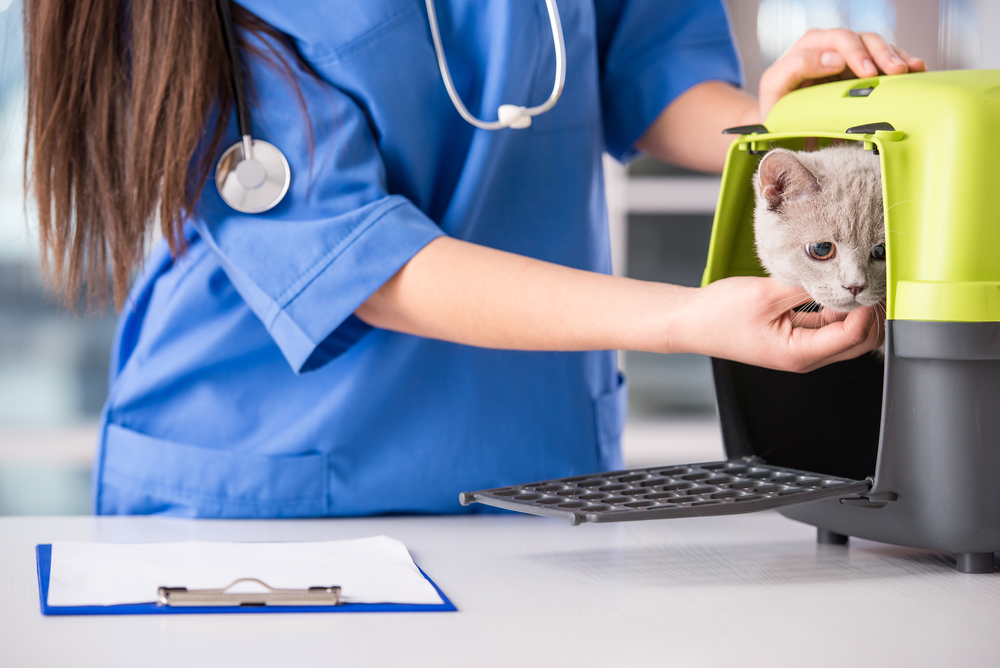
When WesVet starts taking appointments, we will follow American Veterinary Medical Association (AVMA) guidelines, and social distancing orders, to keep you, your pet, and our team safe and healthy. Although we can’t wait to show off our new hospital, our operations will start a little unconventionally, with curbside appointments. When you arrive with your pet, we will ask that you call us from your car. We first will gather important information, and a team member then will come to your car, get your pet, and bring her inside our hospital, while you wait in your car. We will communicate via phone throughout your pet’s appointment, and ask that you pay over the phone with a credit card, to prevent money exchange—and possible virus transmission. All medication and prescription pet food orders can be picked up using the same practices.
Although these are uncertain times, we can’t wait to start caring for your pet, whether in the coming weeks for an essential need, or after we settle into normal business. Call us if you need help deciding whether your pet’s health care can wait, or if she should be seen now.


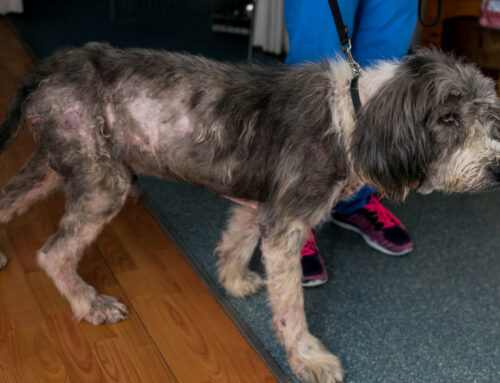
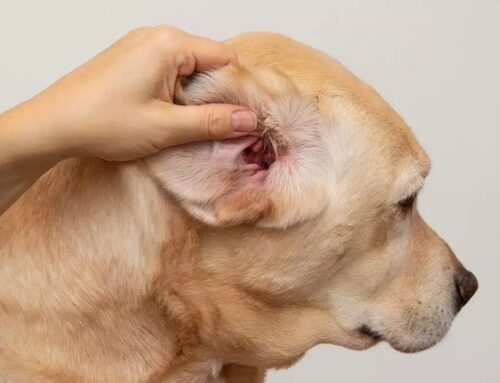
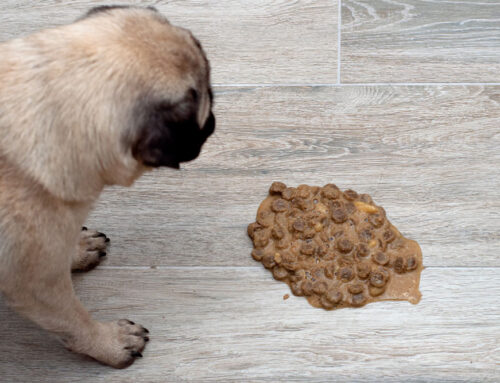
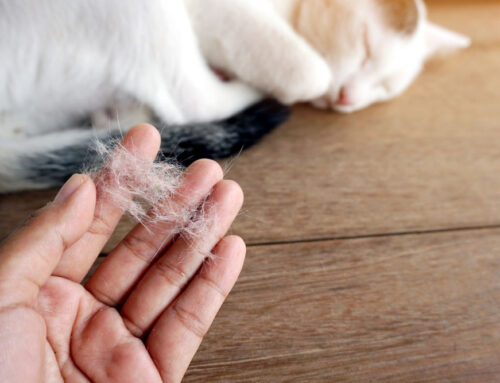

Leave A Comment